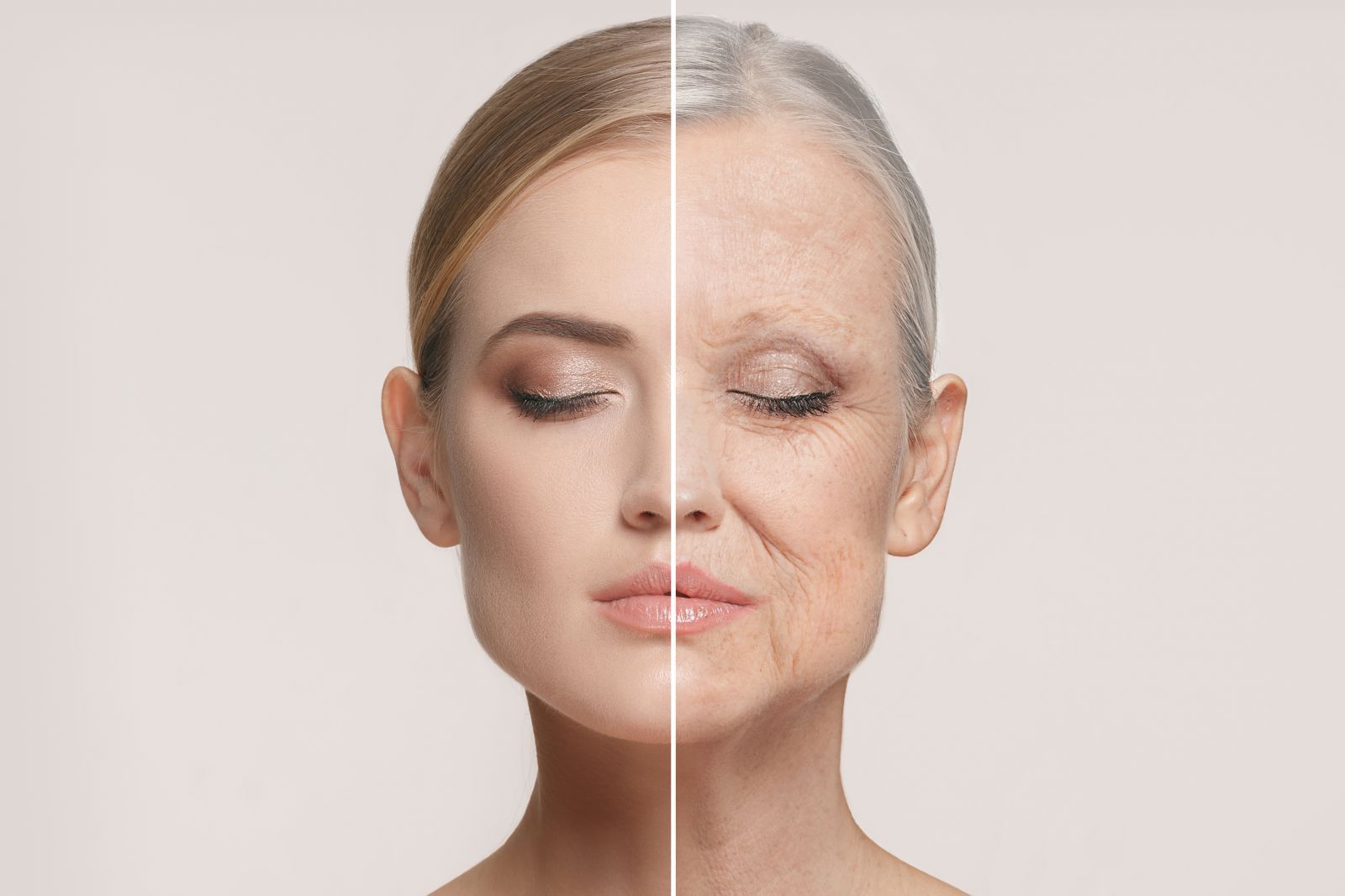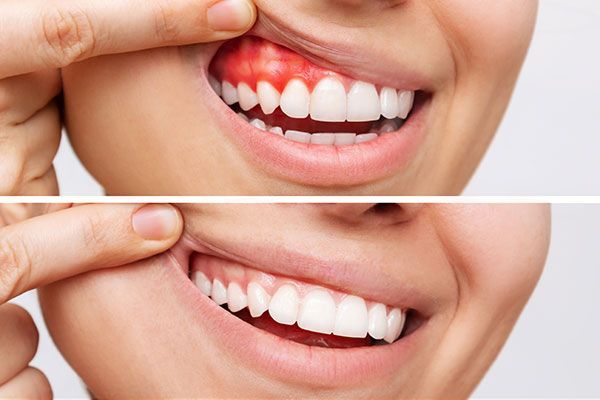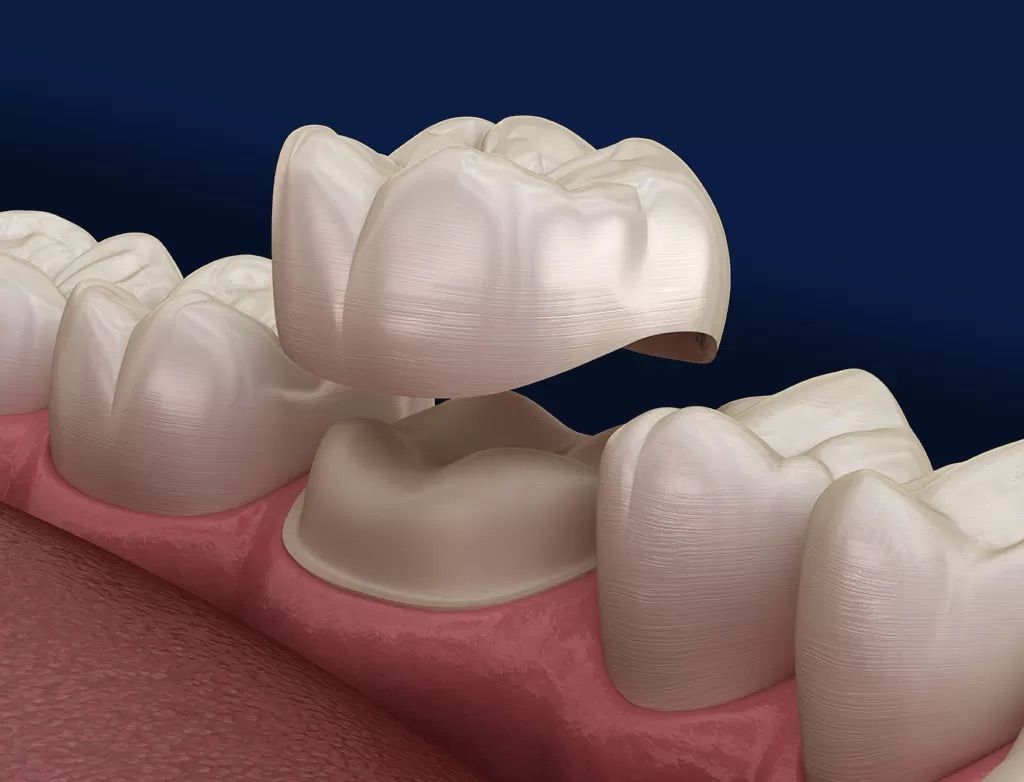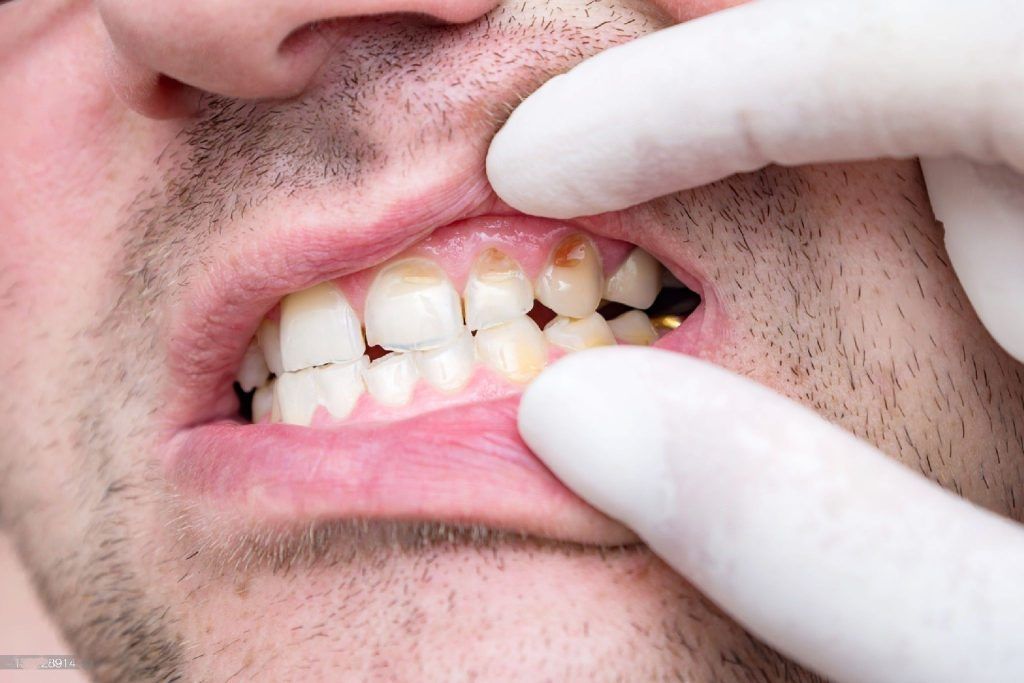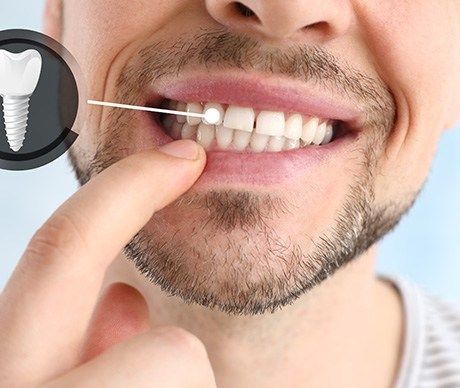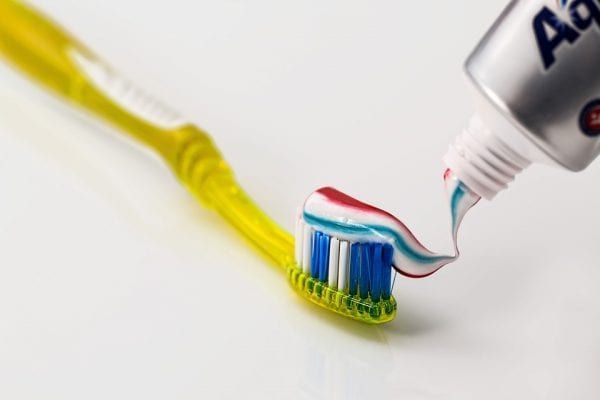Breakdown of Materials and Why They are Used
Best Dentist in Salem, MA
Dental implants are a durable and beautiful solution for replacing missing teeth, unlike dentures and bridges, supported by structures above the gums. In contrast, dental implants are surgically placed into the bone, providing maximum stability. The material composition of dental implants plays a crucial role in their success, biocompatibility, and longevity.
Here's a breakdown of what
dental implants are made of and why these materials are chosen.
Dental implants basically have three pieces:
- The implant is the post inserted into and fuses with the jawbone.
- The abutment is a metal piece above the gum that is the attachment point for the crown, and is typically made from the same material as the implant post.
- The crown is the false tooth which is typically made from a type of ceramic.
Titanium Dental Implants
The most commonly used material for the implant is titanium. The implant is the portion that is inserted into the jaw bone. Titanium is the material of choice because it is biocompatible and integrates seamlessly with bone. Titanium has several qualities that make it ideal for dental implants:
Biocompatibility
Titanium is widely recognized for its ability to bond with human bone without causing rejection or inflammation. This process is called osseointegration, where the bone grows around and fuses with the titanium implant, ensuring it stays firmly anchored.
Strength and Durability
Titanium is both lightweight and incredibly strong, making it perfect for withstanding the forces of chewing and grinding. When properly cared for, titanium implants can last a lifetime.
Corrosion Resistance
Titanium is resistant to corrosion and does not rust or degrade from moisture.
Non-Allergenic
Titanium is safe for most patients because of its low risk of allergic reactions.
Titanium Alloy Dental Implants
Dental implants are sometimes made from titanium alloys rather than pure titanium. These alloys typically contain a small percentage of other elements like aluminum or vanadium to enhance strength and durability without compromising biocompatibility. Titanium alloys are stronger than pure titanium.
Zirconia Implants: A Metal Free Dental Implant Alternative
Zirconia is offered as a metal-free alternative. It is used to make a ceramic-like material, creating a very natural-looking tooth replacement.
Zirconia is an artificial mineral made from zirconium dioxide, which is technically considered a metal, but it does not look like metal. Zirconia is solid and stronger than porcelain crowns. It can be potentially tough on opposing natural teeth. This is offered as an alternative to those with metal sensitivities.
Key benefits of zirconia implants include:
Biocompatibility
Like titanium, zirconia is highly biocompatible and integrates well with the bone. Zirconia repels plaque and bacterial formation better than titanium, reducing the risk of gum inflammation.
Aesthetic Appeal
Zirconia implants are entirely tooth colored, making them more aesthetically pleasing for patients with thin gums or those concerned about the appearance of their implants. Titanium implants, though effective, can sometimes show the metal through the edge of the gum line, particularly in individuals with thinner tissues.
Strength and Durability
Zirconia is solid and resistant to fracture. Although initially considered less durable than titanium, advancements in zirconia implant technology have improved its long-term success rates.
Dental Implants are Made from Zirconia, Titanium, or Titanium Alloy
Dental implants offer a safe and effective solution for restoring smiles and oral function, whether using titanium or zirconia. You may also be interested in Which Type of Dental Implant to Choose. We specialize in dental implants and serve the Salem MA area, if you are interested in a consultation we would love to hear from you.
20 Central St, Salem, MA

